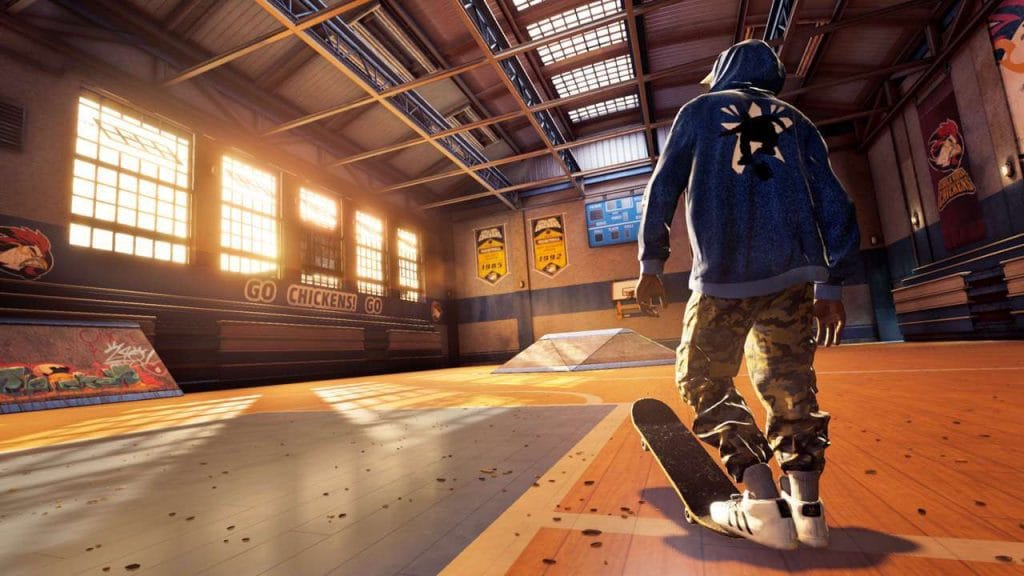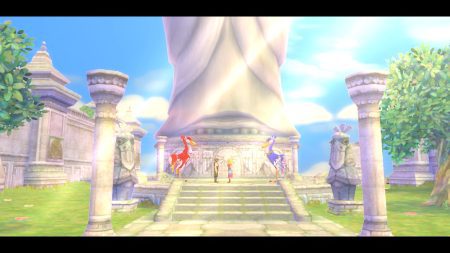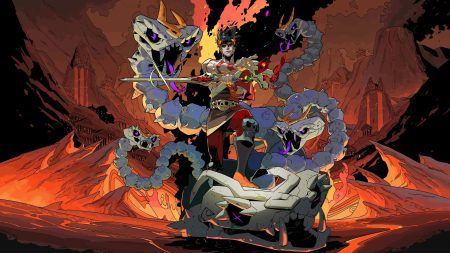Welcome to Punished Notes, where I blab about random gaming ideas that most people wouldn’t spend much time thinking about. In this week’s edition, I cover one of my favorite indies of the year in Treachery in Beatdown City, the new Battletoads, the Tony Hawk remake(s), and wearing sweaters in the summertime. Enjoy!
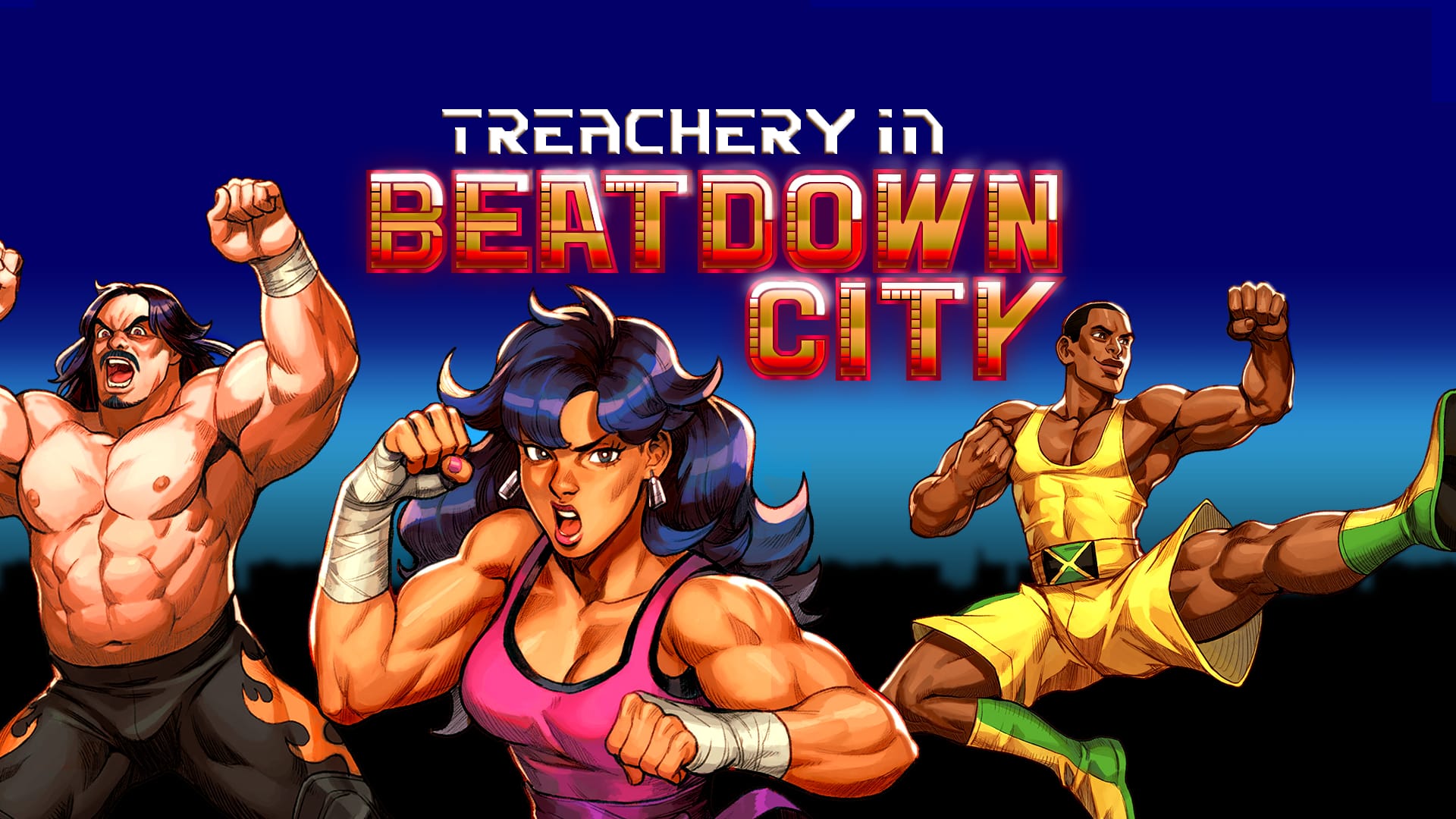
Treachery in Beatdown City Is the Game of This Time
Treachery in Beatdown City, Nuchallenger’s latest brawler-RPG mashup, is not just an exciting mixture of old-school beat-‘em-up mechanics with an interesting role-playing twist; it may be the best game this year at explaining the most tense and problematic elements of modern-day urban life.
In Treachery in Beatdown City, you play as a diverse group of fighters roaming across a dystopian (yet eerily familiar) urban environment. This city is crawling with foes, who are preventing you from reaching your goals (in this case, trying to save the president from a coterie of deadly ninjas).
Unlike traditional brawlers like Streets of Rage or Final Fight, TIBC has the player walk across a Mario-style overworld map, where each “level” is an enemy combat encounter. The combat system involves both basic button-mashing gameplay as well as turn-based mechanics, where the player has to save up enough fighting points (or FP) to select from a list of actions to pummel opponents. (Each encounter usually features two to four enemies, each with different strengths and weaknesses based on a “rock/paper/scissors” system.) The player can deal more damage to baddies through smart use of combos, a nuanced understanding of the grappling system (which operates similarly to other kinds of combos), and a certain level of patience, as you occasionally need to walk away from enemies on screen to give yourself time to reload FP.
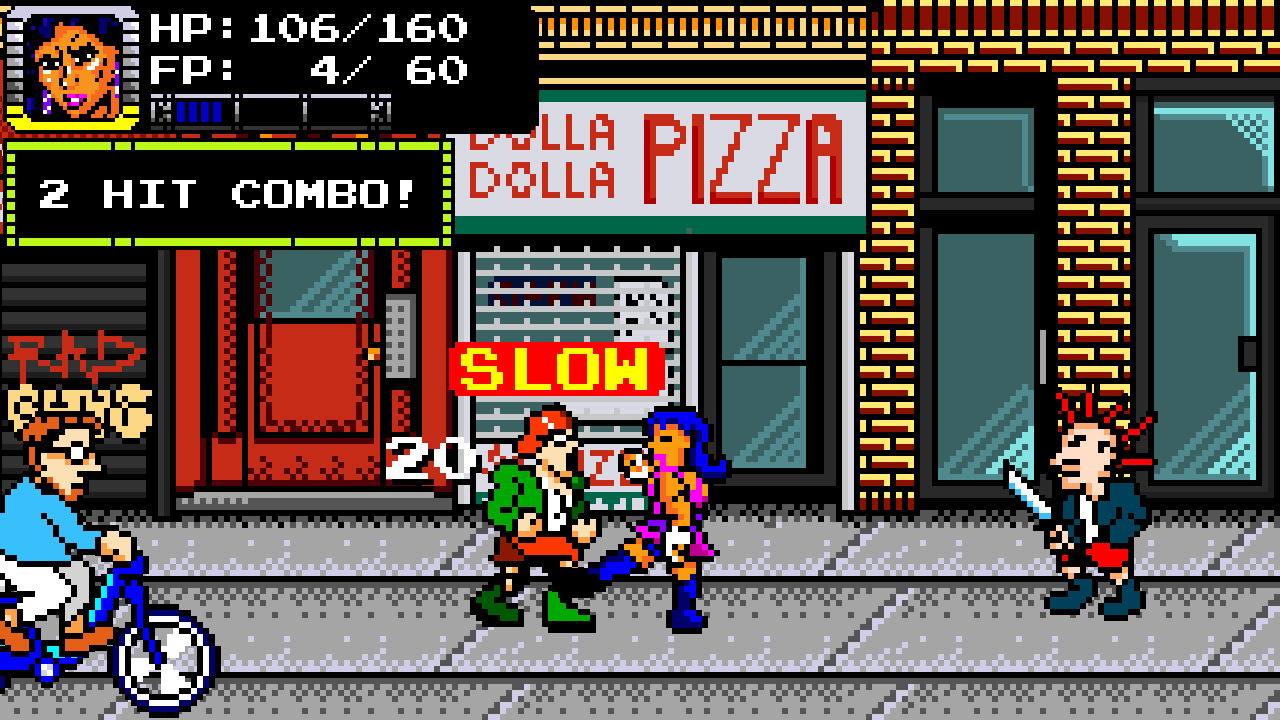
The combat system, while fun and creative, is not where this game shines brightest, however. Its best feature comes in the form of brief conversations that precede each conflict. There, you discover that most of the game’s enemies are not your typical gangsters or punks, but rather the very forces that actually pose a threat to modern day city inhabitants: gentrification, tech companies, the gig economy, social media, and overpolicing.
Instead of a spiky-haired hoodlum wielding a pipe, your foes typically take the form of a preppy white man who assumes the one black protagonist is a drug dealer; a jogger who’s scared to be in the “sketchy neighborhood” full of immigrants; an off-duty cop who posts selfies with the victims of his brutality; a biker gang that has converted into a tech company that relies exclusively on independent contractors for its labor; and a large, pugnacious man who assumes that Lisa Santiago (one of the three main player characters) is part of the local gym’s cleaning staff and doesn’t speak English. And while the game starts with the official city’s police department disbanding, Mayor Moneybags (wonder if that’s a reference to anything) has deployed his own private police force to wreak havoc on lower-income neighborhoods in an effort to maintain “law and order.”
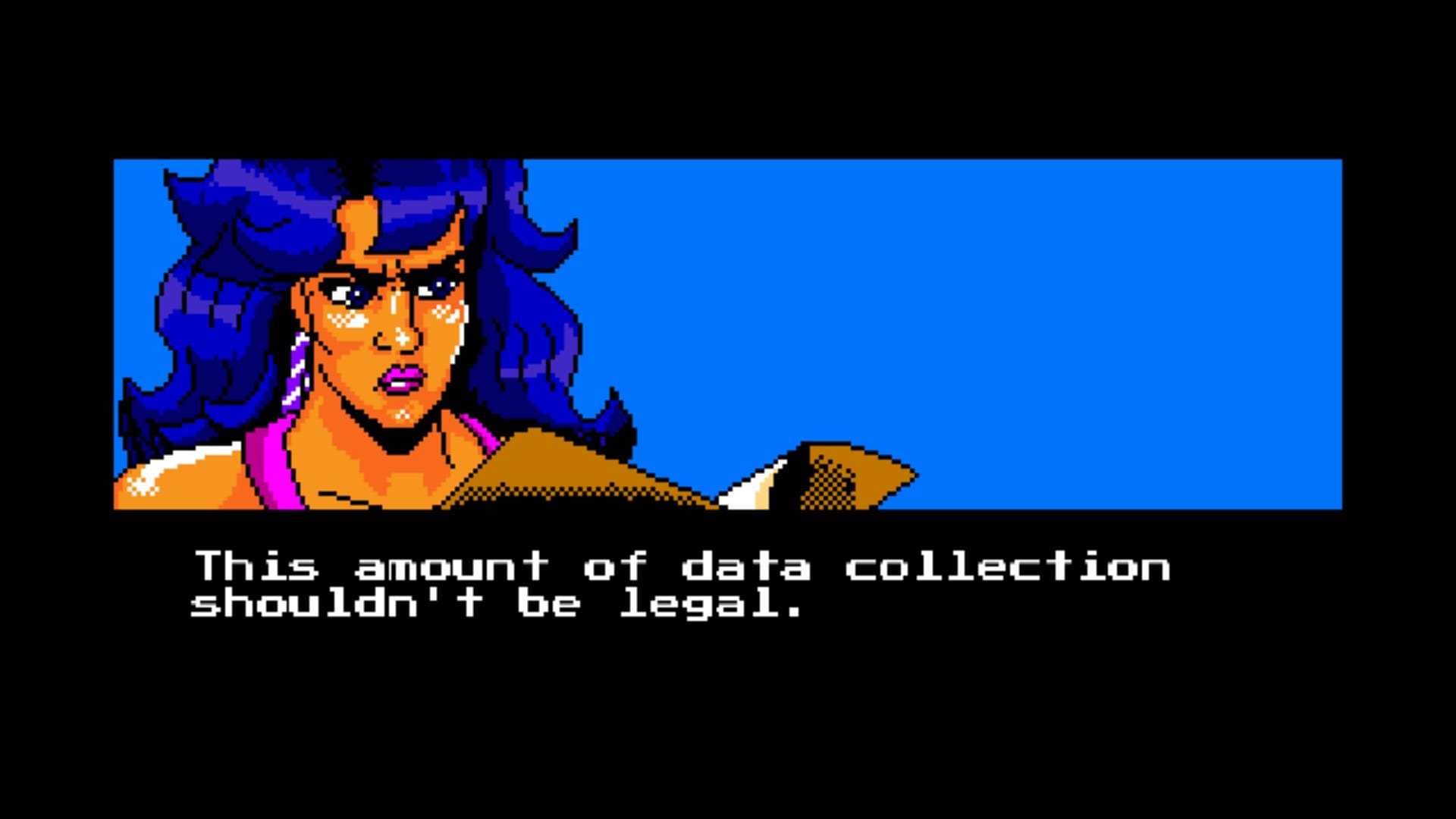
While these conversations and depictions are humorous and baldly satirical in nature, they still underscore how, in places like New York City, the real dangers everyday city dwellers experience are not quite the dangers those in power would like you to believe.
Unlike the early ’90s era arcade brawlers that defined the genre, Treachery in Beatdown City doesn’t tell you that your greatest foes are common street criminals—though some enemies in the game may bear a similar resemblance to those found in games like Streets of Rage—but instead posits that the biggest threats large cities face come from racists, capitalists, misogynists, and the police. While the precipitating events and combat mechanics themselves hold no basis in reality, the allegorical backdrop of Treachery in Beatdown City is very real, and has so much more to say about the world we currently live in than even the most ambitious of AAA efforts.
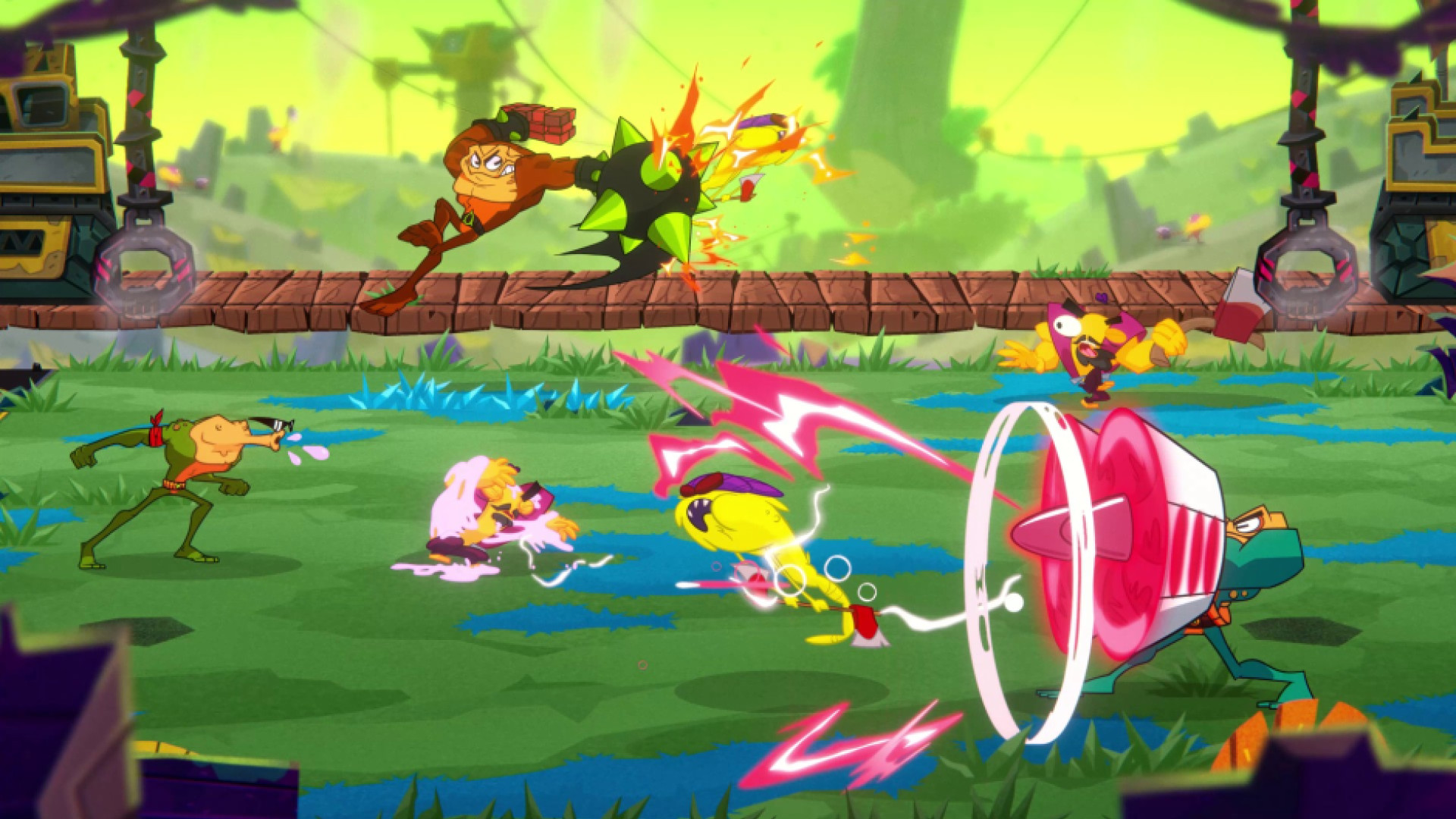
Battletoads Is Great in Spots, But Still Does Too Much
The latest Battletoads reboot has so much going for it. The Saturday morning cartoon aesthetic, clever writing, solid comedic timing, and hard rockin’ soundtrack make it a charming, delightful experience. The classic beat-‘em-up gameplay, while not as streamlined or as satisfying as that of Streets of Rage 4, is fun and properly challenging. Even the game’s other sequences, such as the space shooter and platforming sections, all function fairly well.
Unfortunately, the experience at times felt confused, unbalanced, and lacking a cohesive vision. Instead of just being a solid brawler with the occasional minigame to add a little flare, Battletoads dedicates large chunks of the game to just about every genre BUT beat ‘em ups. There are two major motorbike missions, multiple bullet-hell missions, several platforming sequences (one of which involves running away from an ever-approaching wave of deadly goo), and some parts that are effectively the cartoon version of “Press X to pay respects.”
While the first half of the game is largely comprised of the standard “walk across the screen and fight everything in your path” sequences, such levels are almost nonexistent in the second half of the game. At one point, Battletoads abruptly returned to this kind of gameplay, and I had almost forgotten what to do, since I had just spent the last hour and a half solving 2D environmental puzzles, gunning down spaceships, and eliminating hordes of baddies merely by pressing the Y button in the right directions.
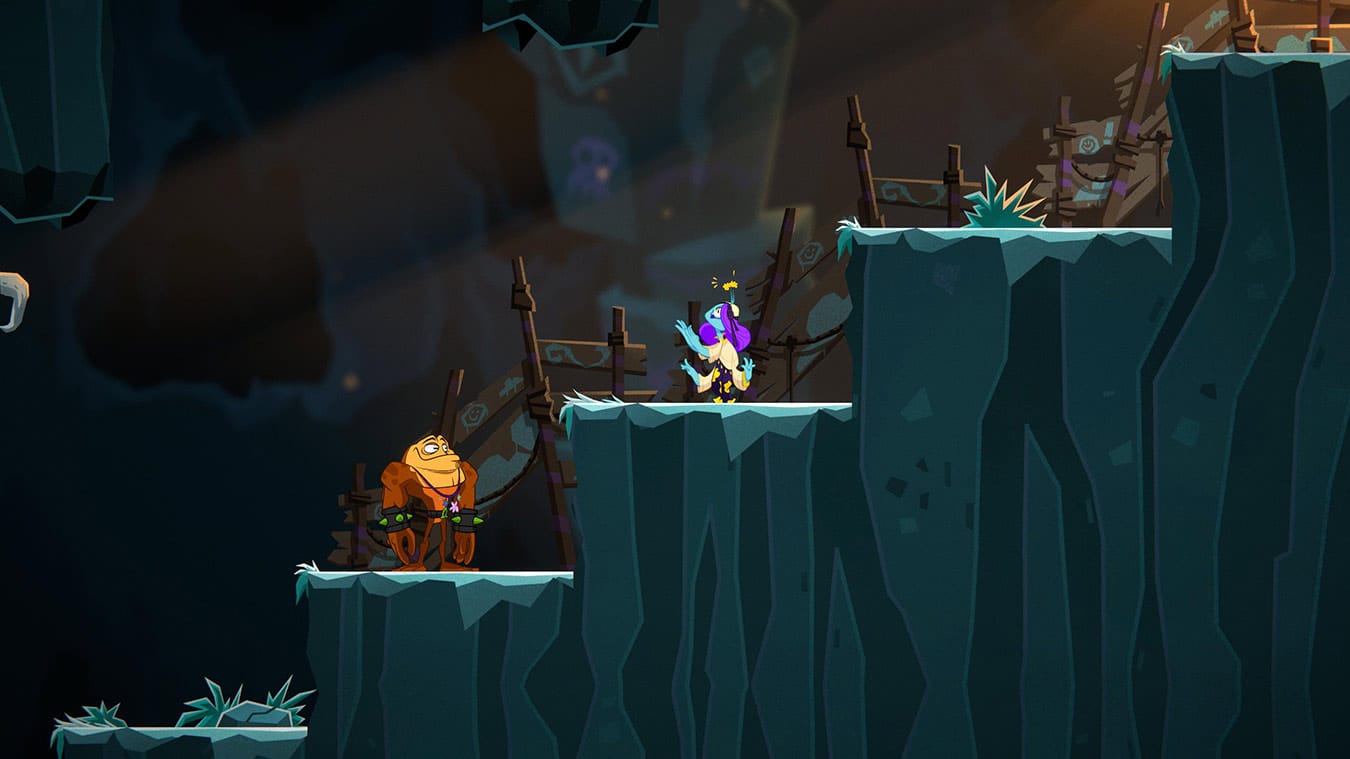
The problem isn’t that any of these non-brawler levels are bad, or even boring. It’s just that there are too many of them, and they pull the player away from what Battletoads does best: letting you beat a bunch of goofy-looking aliens to a pulp with giant reptile fists. Playing through this reboot is almost like preparing a dinner of macaroni and cheese mixed with gummy bears and peanut butter cups: Everything is good on its own, but they don’t make sense together, and I kind of wish my meal was just more mac and cheese.
Overall, I mostly enjoyed my time with Battletoads. I prefer it when games are honest about their silliness, the actual brawler mechanics are really good, and I like when games try to mix things up every now and then. I just wish the game had mixed it up a little less.
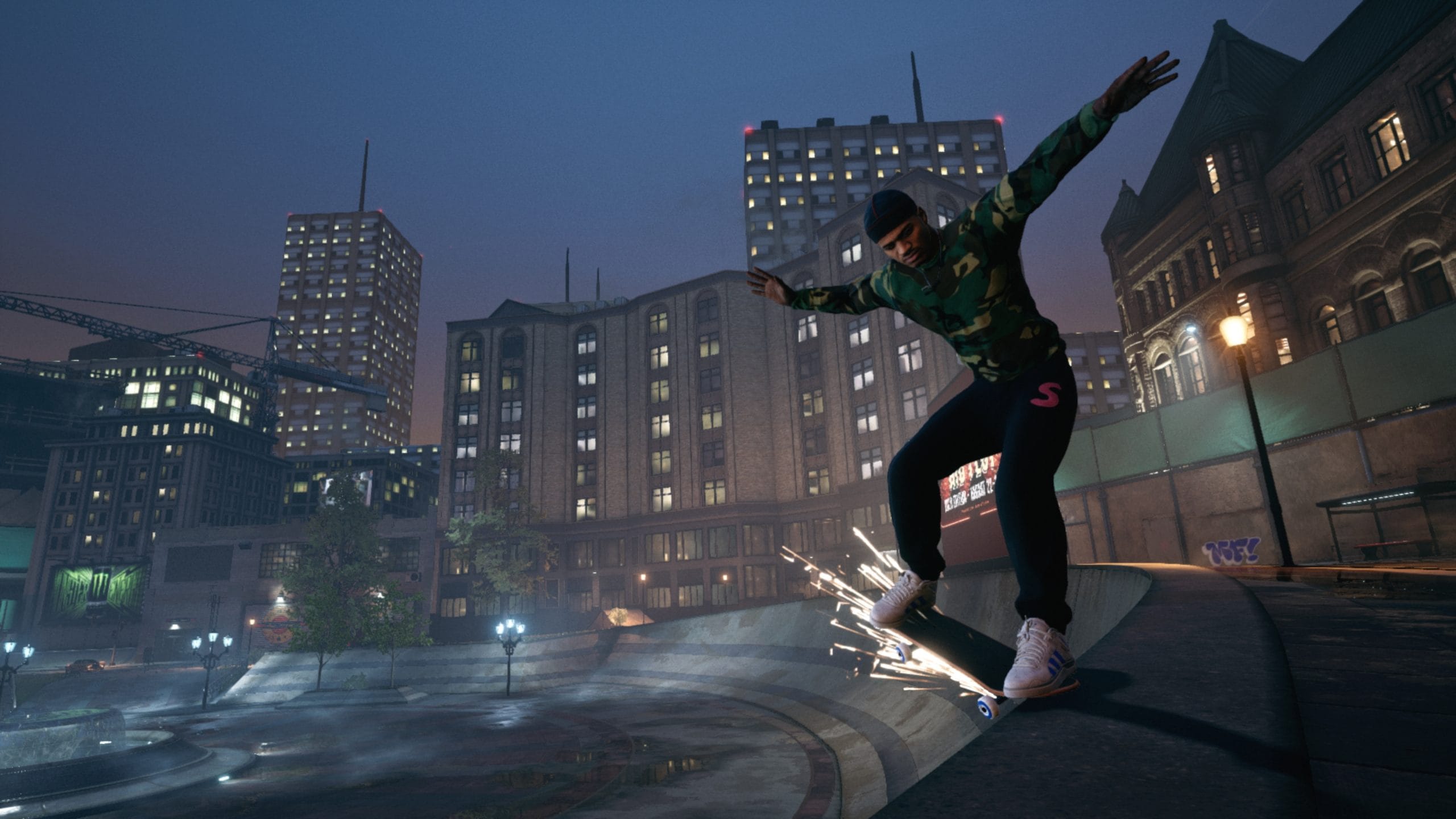
Tony Hawk’s Pro Skater 1+2 Might Be the New Perfect Remake
Last year, I argued that the Switch remake of The Legend of Zelda: Link’s Awakening was the “exact right type” of video game remake, since it provided “an updated experience that doesn’t betray its original source material.” I didn’t think that just 12 months later, I would be playing an even better example of that description in Tony Hawk’s Pro Skater 1+2.
Remakes are tough to evaluate, since, in theory, you already kind of know what to expect. In most cases, a remake is basically just a new coat of paint, but in the best cases, it can become the definitive new way to remember a game and present a classic experience through a more modern lens.
THPS 1+2 doesn’t just clean up the graphics and modernize the control scheme; it enhances precisely the parts of the old PS1 games that everyone loved and adds none of the pointless frills that came with later entries in the franchise. Developer Vicarious Visions refined the skating mechanics and visuals so perfectly that playing virtually any mode of this game is satisfying and engaging. Whether you’re competing online, searching for secret tapes, building up combos, or just enjoying a relaxing free skate session, THPS 1+2 always presents a fulfilling and worthwhile experience. The gameplay is just that good.
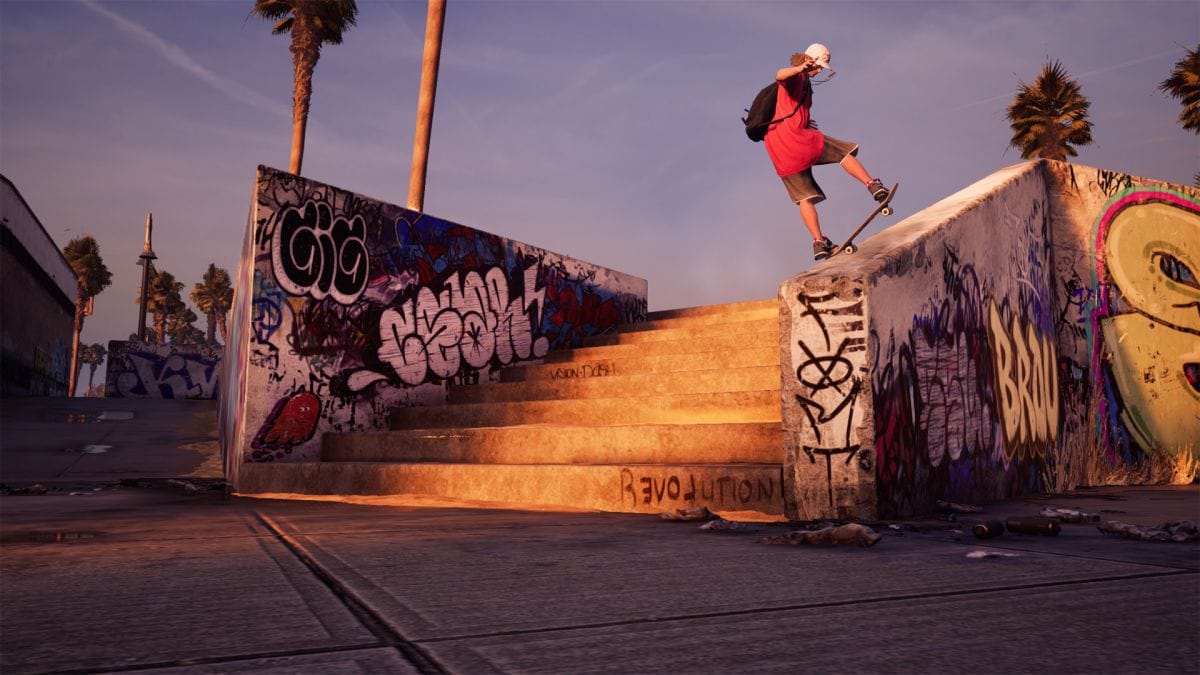
In addition, the stellar soundtrack (with new and old songs) and broad array of customization options make this game burst with character and vivacity. Plus, the added progression systems (which allow you to buy more cosmetics) give each play session more purpose, as you’ll end up unlocking new content without even trying (similar to how Nook Miles work in Animal Crossing: New Horizons).
In a normal year, THPS 1+2 would be a more than welcome addition to the ever-growing catalogue of video game remakes. In 2020, however, it feels masterful. Every time I play, I feel like the controller is an extension of my body, and that my skater avatar is a reflection of my own wannabe skating self. When I perform kickflips in Minneapolis or New York City while glorious punk rock rages into my ears, I feel focused, immersed, attuned, and alive. Simply put, this game is more than just a fun time; it’s exactly what I needed, and I can’t think of a single remake that has revitalized my spirits in quite the same way.
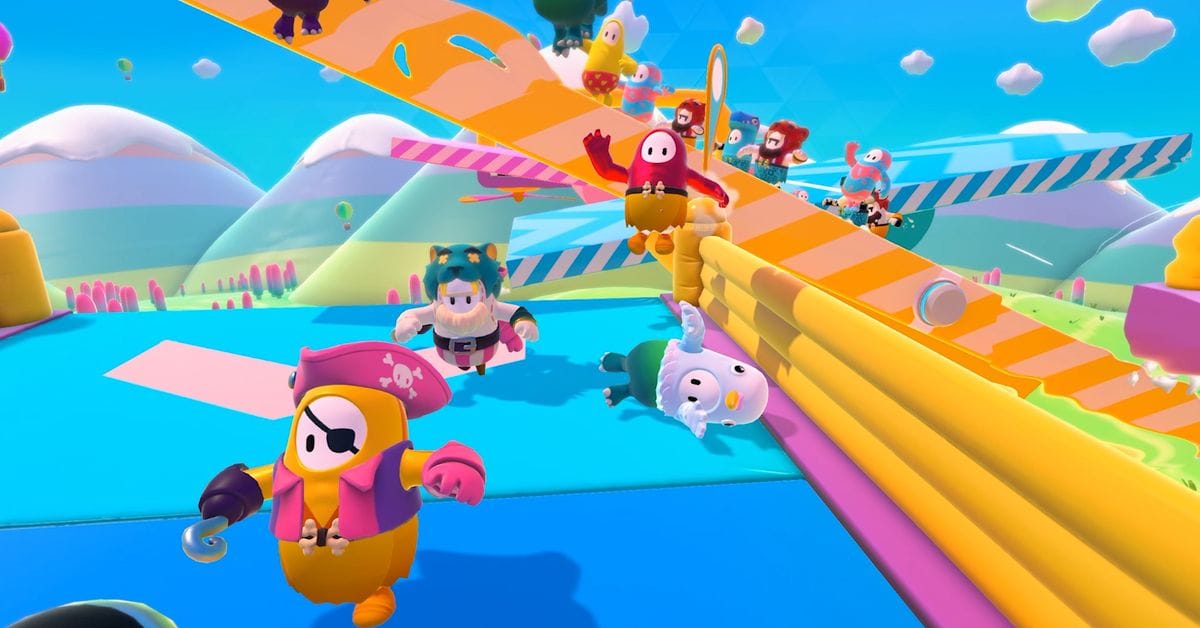
LIGHTNING ROUND!!!!!!!!!!!!!!!
–Fall Guys is fun, goofy, hilarious, and just the right kind of competitive. It also fills me with rage and I don’t think I’ll ever win a single crown.
–Ape Out, which I just played for the first time this summer, would likely have made my Game of the Year top five list for 2019. It’s thrilling, challenging, and keeps you coming back for more.
-While I like a lot about Spiritfarer so far, particularly its lively and genuinely interesting characters, it just isn’t the game I need in my life at this very moment. Hopefully, I can get back into it soon… though it keeps crashing on my Xbox One.
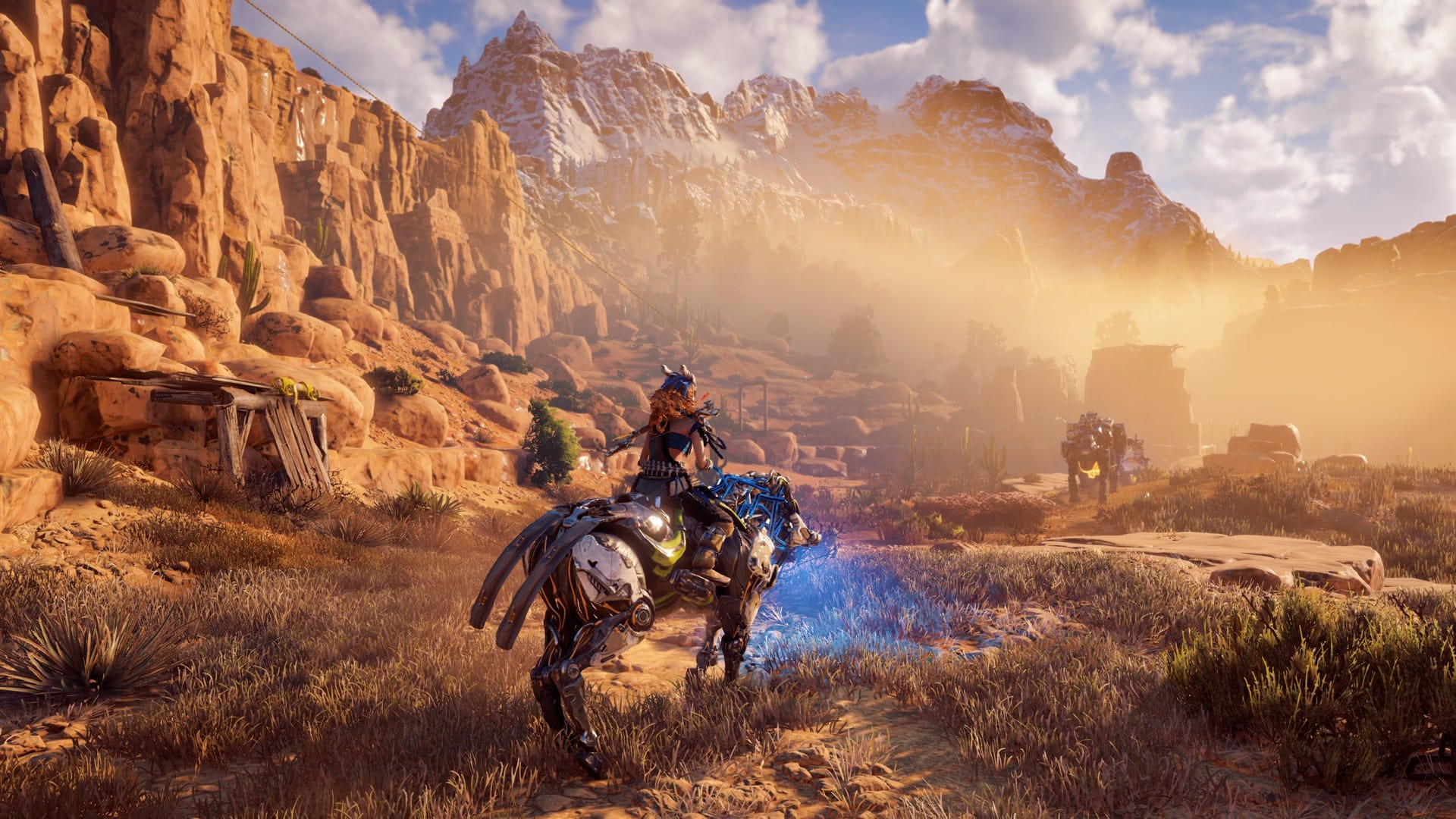
-I revisited Horizon: Zero Dawn last month to see if I could finally get into it, and you know what? I can’t. It has a beautiful open world with a ton of interesting systems (I particularly love how each journey forces the player to use different kinds of stealth tactics), but overall I just don’t care that much about the story, I’m not that moved by Aloy, and some of the combat sections are so chaotic that I completely lose sight of why I needed to enter this fight at all.
-Like most people (I would imagine), I kept my air conditioner on pretty much at all times during the summer, as it was so hot outside that turning of the A/C for just a minute made my apartment feel like a greenhouse. What happens when the A/C makes the apartment too cold, you ask (did you ask?)? I put on a light sweater, which seems counterintuitive but ended up being one of my preferred comfort modes last month. Could I have just made it less cool inside? Yes, but I didn’t. I liked putting on the sweater. I apologize to the environment, but we’re in a pandemic, so forgive me.
Sam has been playing video games since his earliest years and has been writing about them since 2016. He’s a big fan of Nintendo games and complaining about The Last of Us Part II. You either agree wholeheartedly with his opinions or despise them. There is no in between.
A lifelong New Yorker, Sam views gaming as far more than a silly little pastime, and hopes though critical analysis and in-depth reviews to better understand the medium's artistic merit.
Twitter: @sam_martinelli.


